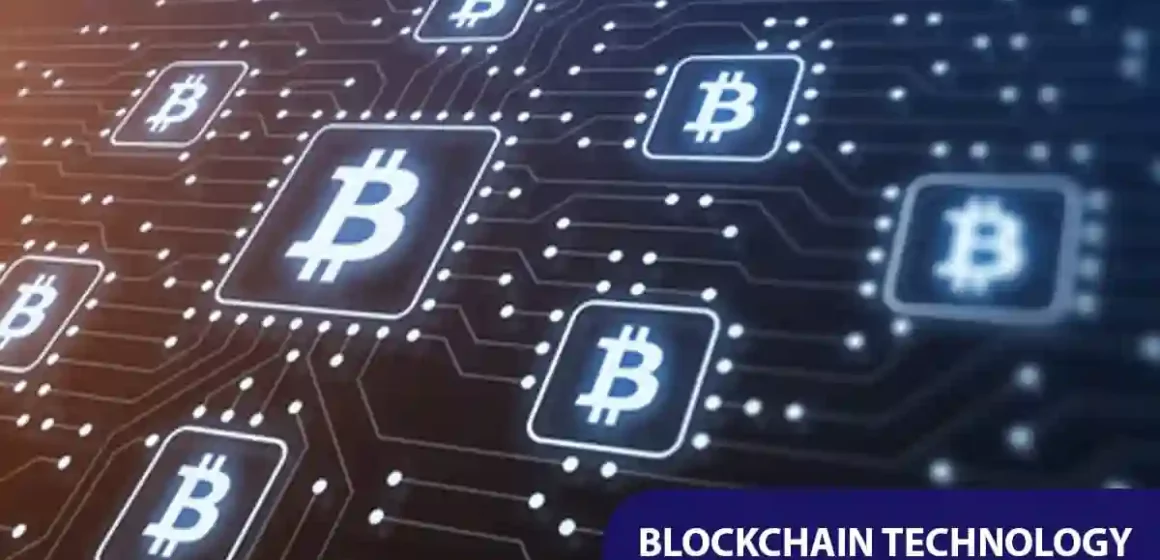A blockchain is a decentralized system of records that is distributed across many computers, eliminating the need for a central authority to verify transactions. It can be used for everything from payment processing to recordkeeping. While it is still in its infancy, it is poised to revolutionize a number of industries. The technology is already being explored by companies such as Microsoft and Facebook.
As a form of a distributed ledger, the blockchain is a highly secure means of recording data. Each block contains a hash code, which is created by a mathematical function. This creates an unchangeable list of transactions. When new blocks are added, they are linked to the chain of previous blocks. Once a block is locked into the chain, it becomes impossible to remove it.
In 2009, the first successful transaction took place when Hal Finney and Satoshi Nakamoto signed a transaction for a digital currency called Bitcoin. Eventually, many people joined the network, decreasing the value of the cryptocurrency. To keep the network running, a network of unrelated computers maintains their own copies of the ledger.
The blockchain’s benefits include an increase in speed and efficiency for transaction processing, and reduced fees for a variety of services. Because the technology is decentralized, it eliminates the need for a central authority to verify, approve, and monitor transactions. Compared to traditional systems, a blockchain is far more secure. Also, since it is a distributed ledger, there is no chance of one individual altering the information. If a hacker were to try, everyone’s copy would be affected, which could lead to fraudulent voting.
The blockchain has many other applications, including monitoring supply chains and recording votes in an election. This form of recordkeeping is particularly useful for cross-border trades. And because it is a permanent record, the blockchain can be used to track an item’s ownership.
Blockchains are also highly scalable. That means that companies can port applications to the network one at a time, lowering the costs and reducing the time required to implement them. They can also develop custom blockchains.
For instance, Facebook’s Libra cyrptocurrency is built on top of the blockchain, which could have a major impact on banking. In fact, the technology is so versatile that it can be used to record deeds to homes, or record product inventories.
Another use of the blockchain is in royalty distribution. Instead of having to rely on a single party to distribute the royalties, it is possible to establish a transparent, decentralized system where every party has a clear record of the terms of agreement.
Using the blockchain to perform a transaction can take as little as 10 minutes. By contrast, it can take days to process a stock transaction. Plus, the payment may not show up in the account until the next day. Another advantage of a blockchain is that it is highly scalable, allowing the system to grow and expand as the needs of users change. Thousands of projects are currently investigating products based on the technology. Currently, the most active technologies include Ripple, Ethereum, and Hyperledger. Follow-ups include Superchains, Aeternity, and Raiden.



Leave a Reply